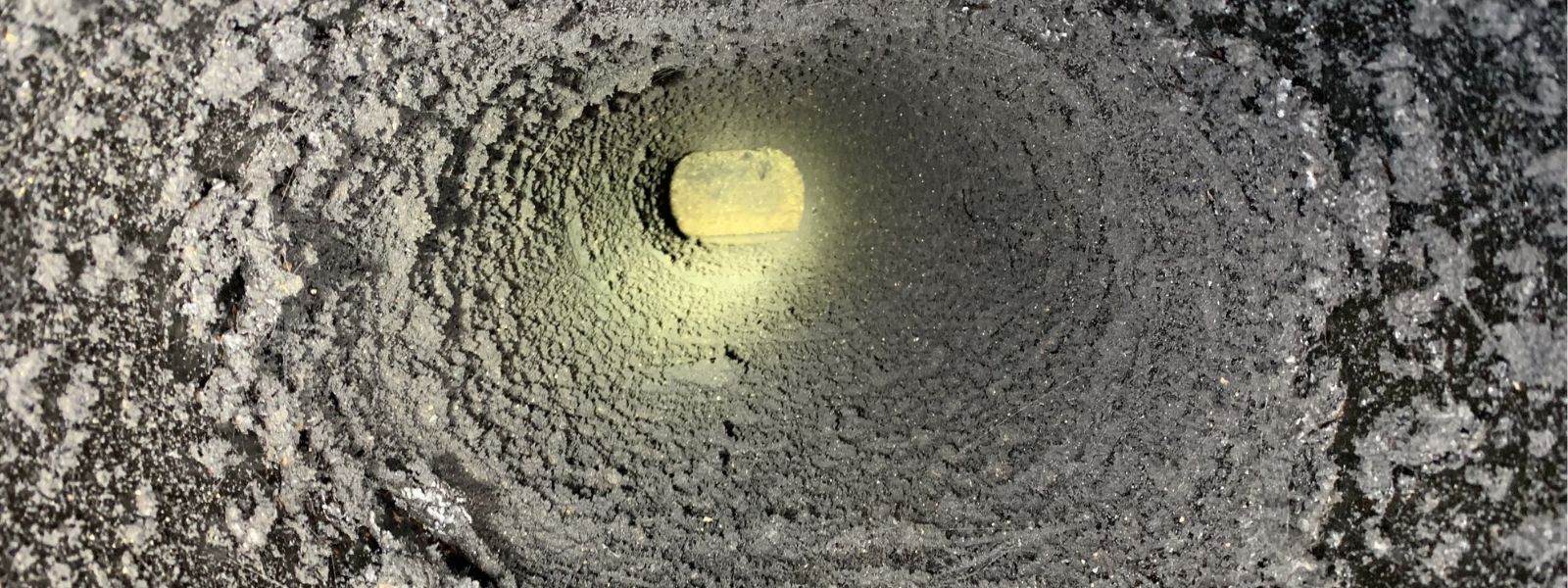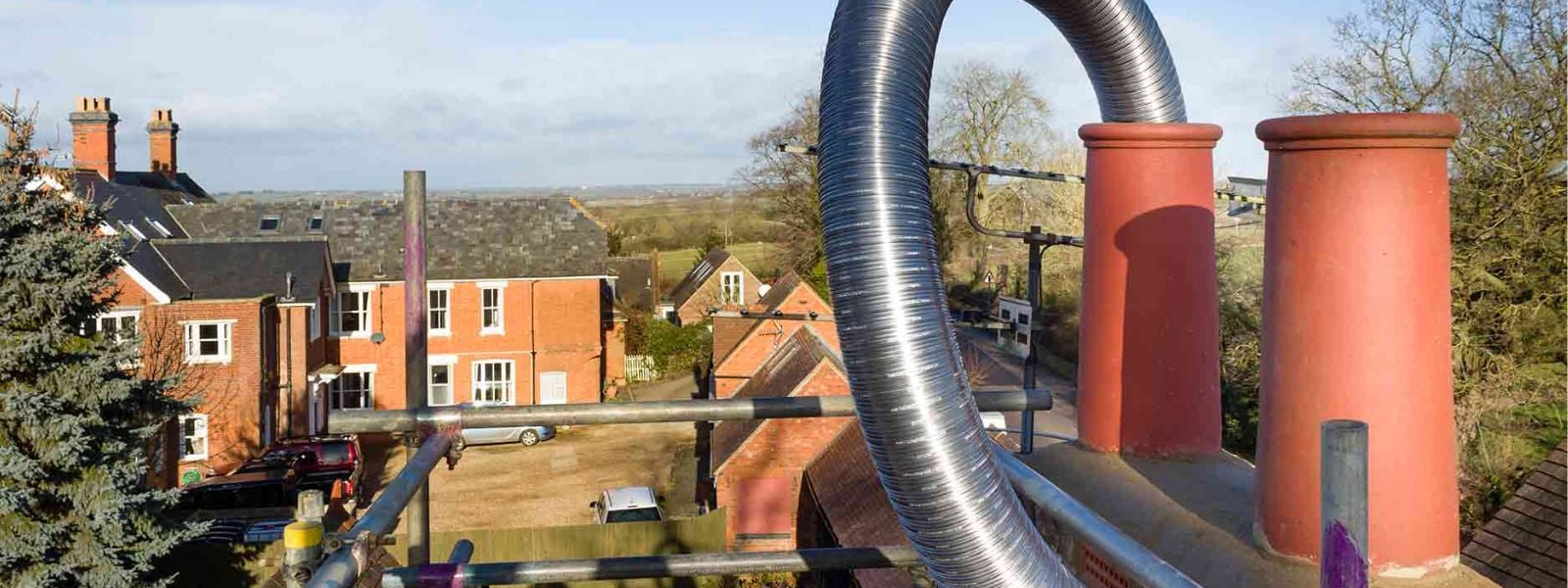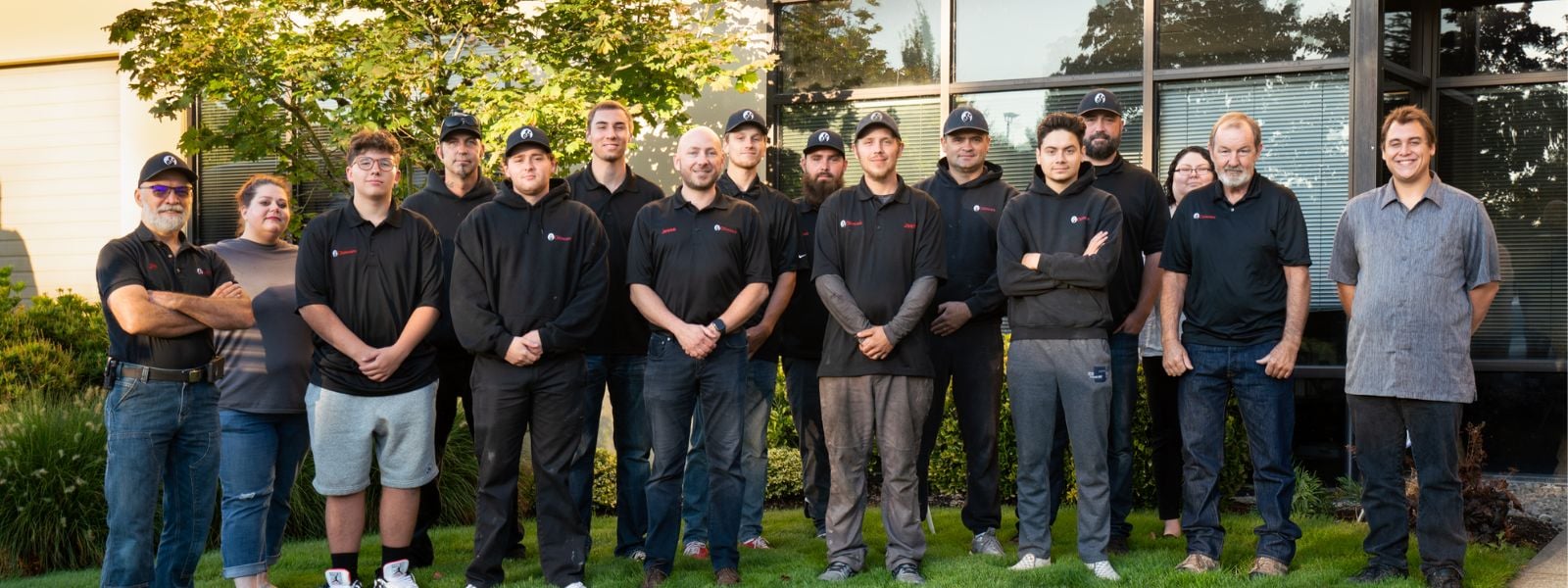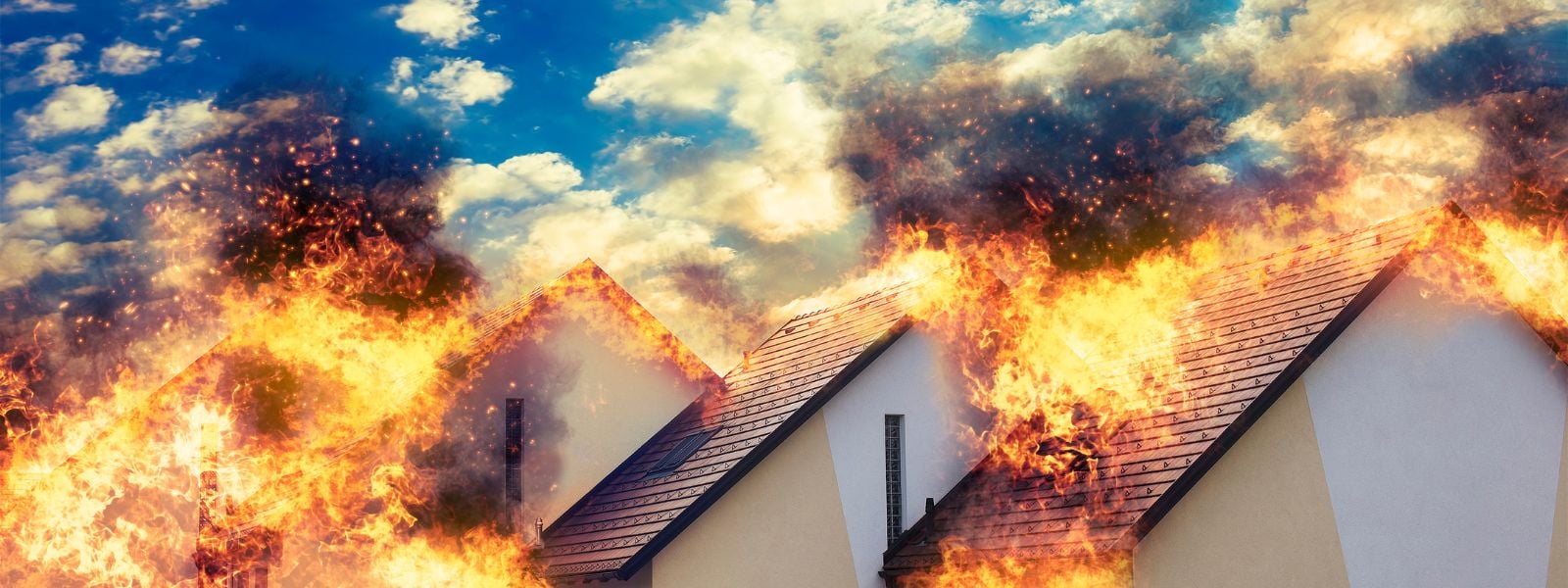Outline
-
- Introduction
- Understanding the Dangers of a Dirty Chimney
- Symptoms of Chimney-Related Health Problems
- Preventive Measures for Chimney Maintenance
- Seeking Professional Help
- Chimney Fire Prevention Strategies
- Health Issues and Wood-Fueled Appliances
- Dirty Chimney FAQs
- Conclusion: Breathing Easy with a Clean Chimney
Introduction
A chimney, often overlooked, plays a pivotal role in maintaining the air quality and safety of our homes. But what happens when this silent guardian turns into a source of health problems? This guide explores dirty chimneys and their effects on health, providing solutions to keep your family safe. Let’s embark on this journey to a cleaner, healthier home.
Understanding the Dangers of a Dirty Chimney
The Hidden Threats in Your Chimney
A dirty chimney is not just an eyesore; it’s a breeding ground for health hazards. Creosote buildup from burning wood can cause chimney fires. The dangers are varied and include the risk of fires. Let’s uncover these hidden dangers lurking in our chimneys.
Health Risks: Beyond the Obvious
The health implications of a neglected chimney are far-reaching. Creosote exposure can irritate skin and eyes, and poorly maintained chimneys pose a risk of carbon monoxide poisoning. We will look closely at these health problems, focusing on how having a clean and working chimney is important for health.
Symptoms of Chimney-Related Health Problems
Identifying the Red Flags
Recognizing the symptoms indicating your chimney could be compromising your health is crucial. From persistent headaches to unexplained fatigue, the signs can be subtle yet significant. We’ll guide you through these symptoms, helping you discern when to raise the alarm.
Carbon Monoxide Poisoning: A Silent Killer
Carbon monoxide is a byproduct of combustion, and a dirty chimney can hinder its safe exit from your home. This part will explain the signs of carbon monoxide poisoning, which is an important aspect of chimney health that you should not ignore.
Preventive Measures for Chimney Maintenance
Regular Chimney Cleanings: A Necessity
The cornerstone of chimney maintenance is regular cleaning. Learn how routine chimney cleanings can prevent the buildup of harmful substances and reduce the risk of health problems and house fires.
Investing in a Chimney Liner
Chimney liners, often ignored, play a crucial role in safeguarding your home’s air quality. We will discuss how getting a good chimney liner can protect you from harmful fumes produced during combustion
Seeking Professional Help
The Role of a CSIA Certified Chimney Sweep
Professional expertise is invaluable for chimney maintenance. Learn why it’s crucial to hire a CSIA-certified chimney sweep for your home’s safety and health. Their expertise can make a significant impact.
Warning Signs That Demand Professional Attention
Not all chimney issues can be resolved through DIY methods. We’ll emphasize signs that show when you need professional help for your chimney. This will make sure your chimney is clean, strong, and safe.
Chimney Fire Prevention Strategies
Understanding Chimney Fires
A dirty chimney isn’t just a health hazard; it’s a fire hazard too. This part will explain why chimney fires happen and ways to keep your home safe from them.
Safety Measures to Implement at Home
Safety is paramount when dealing with chimneys. We will explain some simple safety steps. One of these steps is installing carbon monoxide detectors.
These steps are important for all homeowners. They help reduce the dangers of a dirty chimney.
Health Issues and Wood-Fueled Appliances
The Connection Between Wood Fuels and Health Problems
The type of fuel you use in your fireplace or stove can significantly impact your health. We’ll explore the link between wood-fueled appliances and various health problems, guiding you towards safer alternatives or practices.
Best Practices for Using Wood-Burning Appliances
If you prefer wood-burning appliances, there are ways to minimize health risks. This section will cover best practices for using these appliances, ensuring you enjoy their warmth without compromising your health.
Dirty Chimney FAQs
- How Often Should I Get My Chimney Cleaned to Prevent Health Issues?
Chimney cleaning frequency can vary depending on usage and fuel type, but as a general rule, it’s recommended to have your chimney cleaned and inspected at least once a year. This helps to prevent build-up of soot and creosote, which can lead to health issues.
- Can a Dirty Chimney Lead to Serious Health Problems?
Yes, a dirty chimney can lead to serious health problems. The accumulation of soot, creosote, and other debris can obstruct the flow of exhaust gases, leading to poor indoor air quality. This can cause respiratory problems, carbon monoxide poisoning, and other health issues.
- What Are the Signs That My Chimney Needs Professional Cleaning?
Indications that your chimney needs cleaning include a noticeable accumulation of soot, a strong smell of smoke in the house, inefficient fireplace performance, and visible creosote build-up. It’s important to have it inspected by a professional if you notice any of these signs.
- How Does a Chimney Liner Improve Indoor Air Quality?
A chimney liner protects the house from heat transfer and prevents toxic gases from seeping into living spaces. It ensures that smoke, soot, and other harmful gases are efficiently expelled outside, significantly improving indoor air quality.
- What Steps Can I Take to Prevent Chimney Fires in My Home?
To prevent chimney fires, regularly clean and inspect your chimney, use seasoned wood, ensure proper ventilation, install a chimney cap to keep debris out, and avoid burning paper or flammable liquids. Regular maintenance is key to prevention.
- Is It Safe to Clean My Chimney Myself, or Should I Always Hire a Professional?
While minor cleaning can be done yourself, it’s safer and more effective to hire a professional for thorough cleaning and inspection. Professionals have the necessary tools and expertise to identify and address safety hazards, ensuring the chimney is properly maintained.
Regular chimney maintenance is crucial for safety and health. Always consult a professional for the best advice tailored to your specific situation.
Conclusion: Breathing Easy with a Clean Chimney
It is important to keep your chimney clean and well-maintained. This helps protect your family’s health and safety. It also prevents damage to your home.
This guide helps you find health issues and prevent them. It also helps you get help when needed to keep your chimney clean. Keeping your chimney clean is important for maintaining a healthy home.
A clean chimney is important for a safe home. It’s not just a part of your house, but also crucial for a healthy living space.
Breathe easy and stay healthy with a clean chimney, for a home is only truly a sanctuary when it nurtures our well-being.





